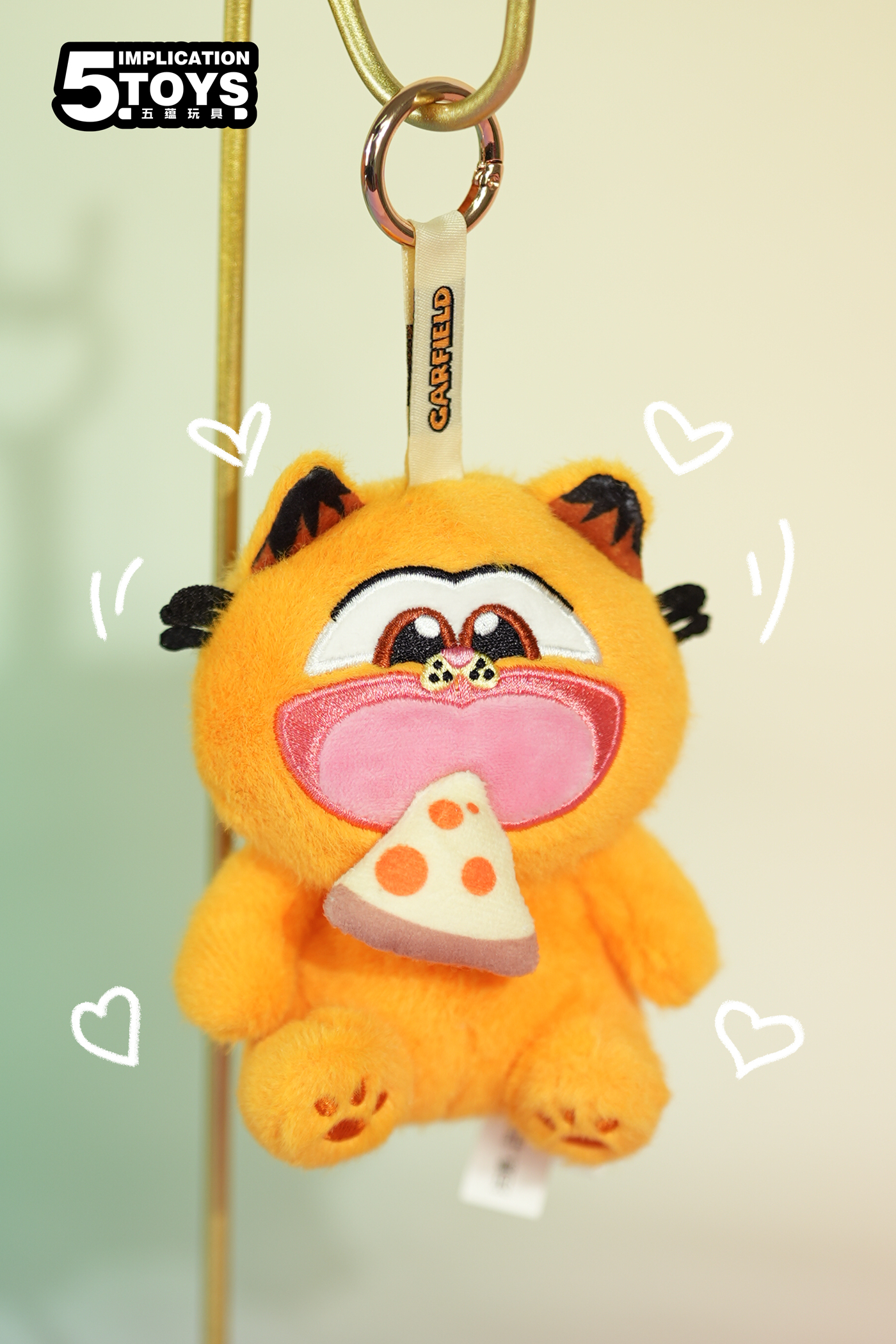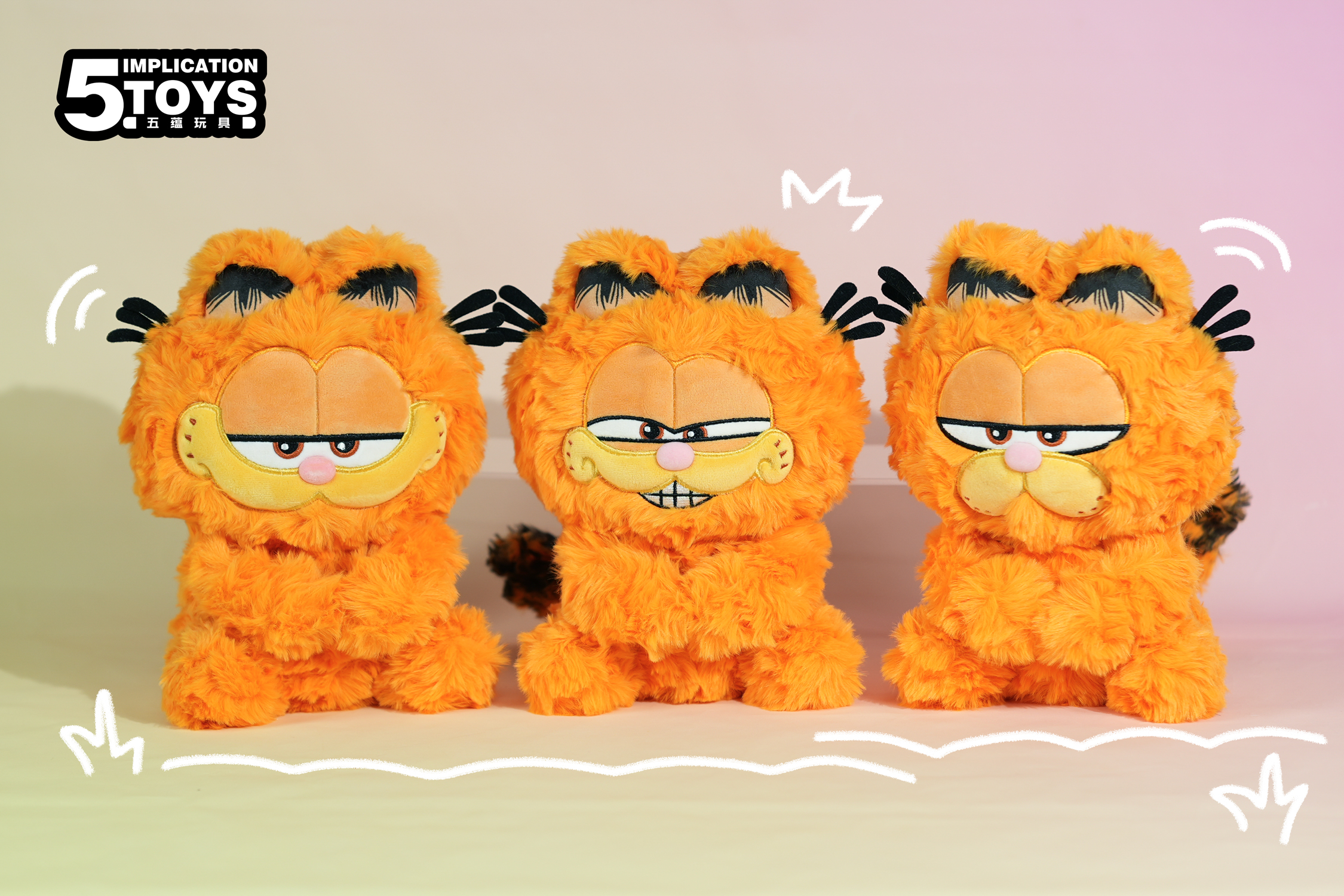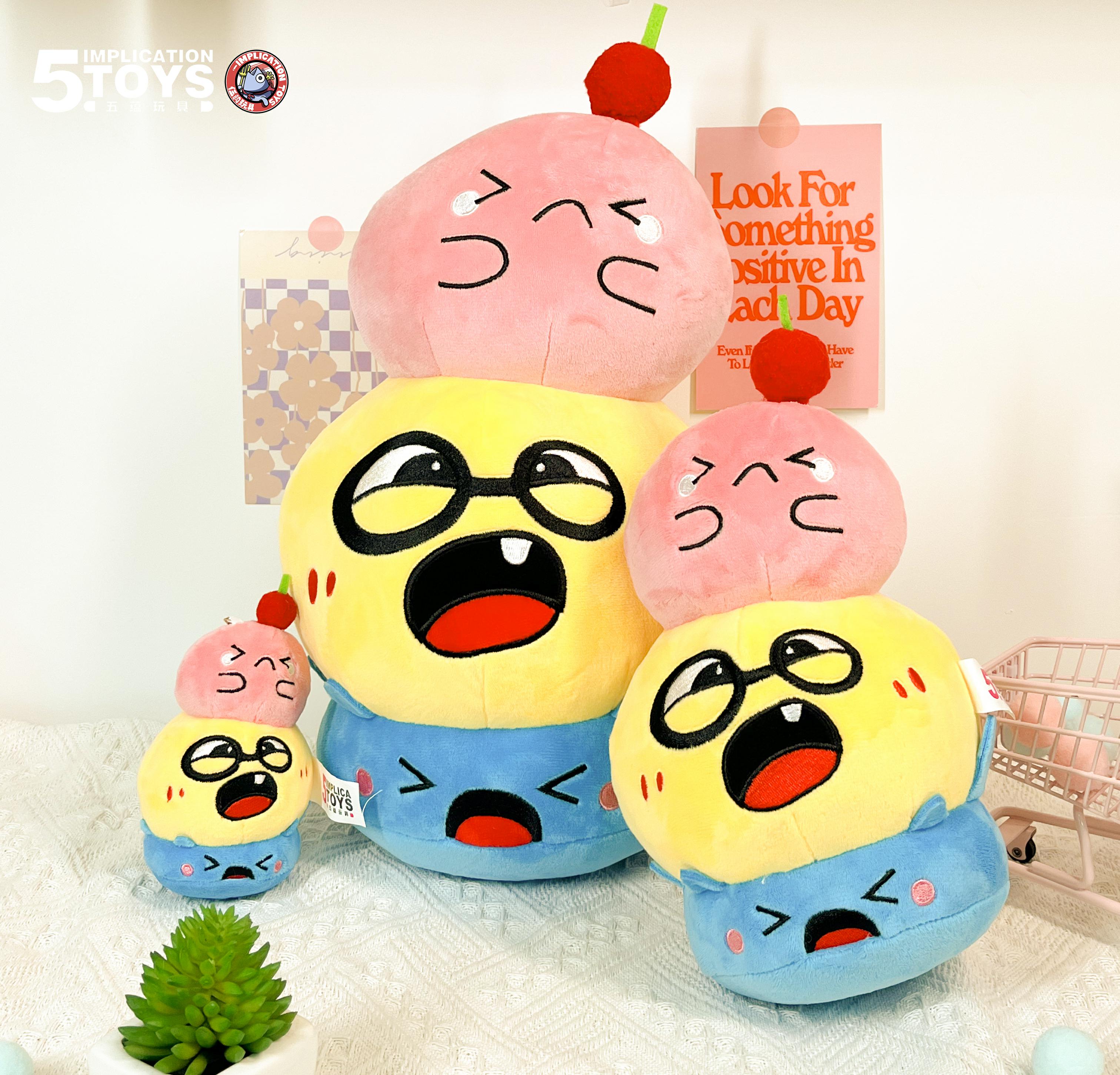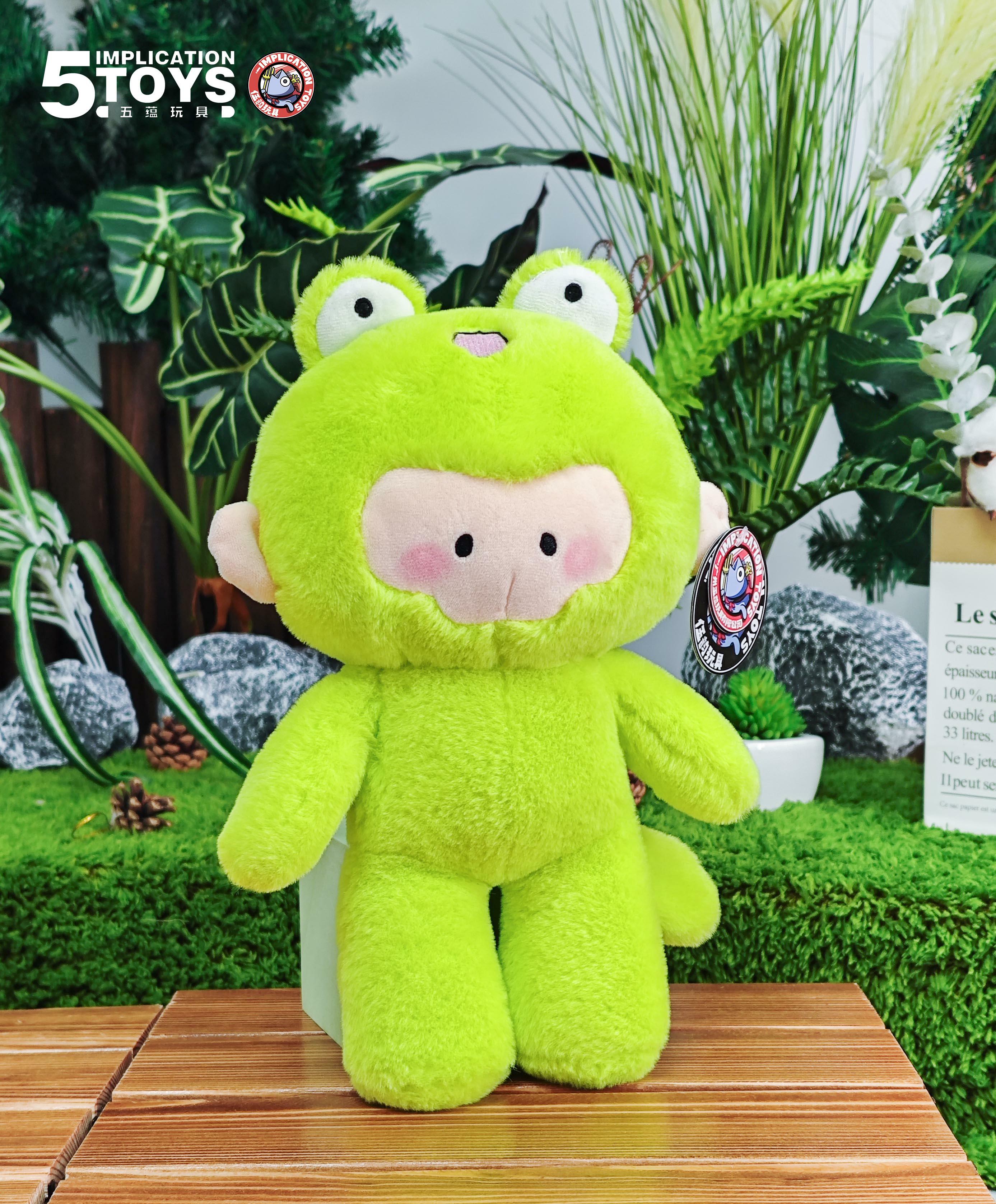In today's competitive retail market, offering high-quality plush toys can make a significant difference for your store or brand. Whether you are stocking a specialty toy shop, launching a new product line, or seeking wholesale stuffed animals for resale, understanding what sets quality plush toys apart is essential. This guide will help you navigate the key factors when choosing plush toys, ensuring you provide safe, appealing, and durable products for your customers.
1. Consider the Material and Fabric Quality
The first factor in choosing high-quality plush toys is the material. Premium plush toys use soft, durable fabrics such as velboa, minky, or high-grade polyester, which are gentle on children's skin and withstand regular handling. When sourcing plush toys, pay attention to:
Softness and texture: Customers are more likely to purchase toys that feel luxurious and comforting.
Durability: Materials should resist pilling, tearing, or fading after multiple washes.
Safety certifications: Ensure fabrics are non-toxic and meet local safety standards, such as ASTM F963 for the U.S. or EN71 for Europe.
By prioritizing these aspects, you can offer plush toys that both children and parents trust.
2. Evaluate Construction and Stitching
High-quality plush toys are not only about soft fabric—they require precise craftsmanship. Look closely at:
Seam strength: Double-stitched seams prevent tearing during rough play.
Attachment safety: Eyes, noses, or accessories should be embroidered or securely sewn, avoiding small parts that could pose choking hazards.
Stuffing quality: Use non-allergenic, eco-friendly polyester fiberfill that retains shape without clumping.
Retailers and brands that inspect these construction details will reduce returns and boost customer satisfaction.
3. Decide Between Standard and Custom Plush Toys
Depending on your business goals, you may choose either standard plush toys or custom plush toys.
- Standard plush toys are ready-made designs suitable for immediate resale. They are ideal for stores seeking variety without waiting for production.
- Custom plush toys allow brands to create unique designs, incorporate logos, or develop themed products. Partnering with a reliable supplier, such as Ngwantoy, ensures that your designs are accurately produced while maintaining safety and quality standards.
Custom options can help differentiate your store, especially during seasonal promotions or brand-specific collections.
4. Focus on Age-Appropriate and Educational Designs
Parents increasingly look for plush toys that are not only fun but also safe and educational. Consider:
- Age recommendations: Ensure the toys are suitable for the target age group. Plush toys for infants require extra safety measures, while older children may enjoy more interactive designs.
- Learning elements: Some plush toys integrate sensory features, textures, or educational elements that enhance cognitive and motor skills.
Offering age-appropriate options can expand your customer base and increase repeat purchases.
5. Source from Reputable Plush Toy Suppliers
Choosing the right supplier is critical. A trusted supplier guarantees consistent quality, safety compliance, and timely delivery. Factors to consider when evaluating suppliers:
Experience and portfolio: Established suppliers like Ngwantoy specialize in both standard and custom plush toys, providing a range of designs and bulk options.
Certification and testing: Verify that suppliers adhere to international safety standards and offer product testing reports.
Customer support and flexibility: Reliable suppliers assist with design adjustments, packaging options, and bulk orders, simplifying the sourcing process.
By working with reputable suppliers, you reduce risk and maintain the high standards your customers expect.
6. Eco-Friendly and Sustainable Options
Sustainability is increasingly important for modern consumers. Offering eco-friendly plush toys made from recycled or organic materials can attract environmentally conscious buyers. Features to consider include:
- Organic cotton or bamboo fabrics
- Recycled polyester stuffing
- Non-toxic dyes and inks
Integrating sustainable products into your inventory not only enhances brand image but also meets growing consumer demand for responsible products.
7. Price vs. Quality Balance
While it may be tempting to prioritize cost, high-quality plush toys justify slightly higher prices due to their durability, safety, and appeal. When assessing pricing:
- Compare bulk pricing without compromising on safety standards.
- Consider long-term savings from fewer returns or replacements.
- Evaluate customer willingness to pay for premium or custom designs.
Investing in quality ultimately builds trust with customers and supports your brand's reputation.
8. Test and Collect Feedback
Before placing large orders, consider:
- Ordering sample plush toys to evaluate feel, durability, and overall quality.
- Conducting customer feedback surveys or in-store tests.
- Adjusting your selections based on consumer preferences and trends.
This process ensures that your final selection resonates with your target audience and minimizes potential issues.
Conclusion
Selecting high-quality plush toys for your store or brand requires careful attention to materials, construction, safety, supplier reliability, and customer preferences. By focusing on these key factors, retailers and brands can offer plush toys that delight children, satisfy parents, and support long-term business growth.
Partnering with experienced suppliers like Ngwantoy allows you to access a wide range of premium, custom, and eco-friendly plush toys, simplifying the sourcing process while maintaining quality and safety standards. Whether you're expanding your retail offerings or creating a unique product line, making informed decisions ensures your plush toys stand out in a competitive market.




